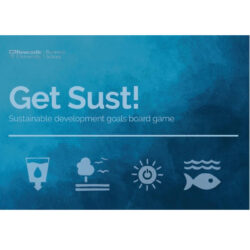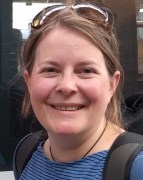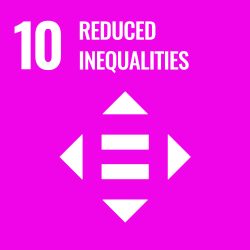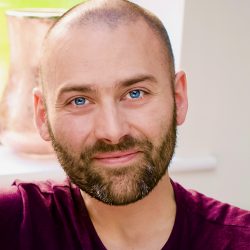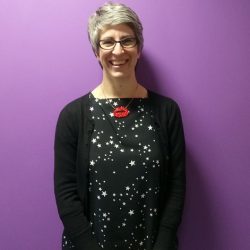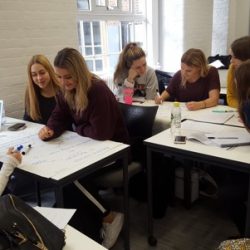Get Sust! Working in partnership with students to co-develop a board game for raising student awareness of sustainable development
Tracy Scurry, Professor of Work and Employment and Sarah Carnegie, Senior Lecturer in HRM from Newcastle University Business School, discuss the Get Sust! project, working in partnership with students to develop a game-based learning approach to engage Business School students with sustainable development, to facilitate a social and developmental learning experience, and support the personal development of students by enhancing their teamworking skills and global and cultural awareness.

